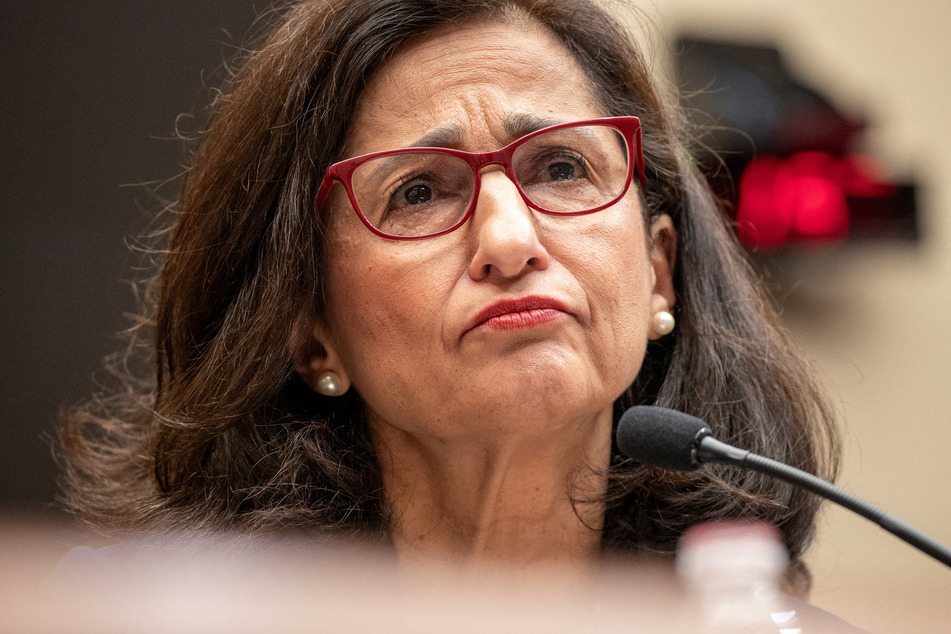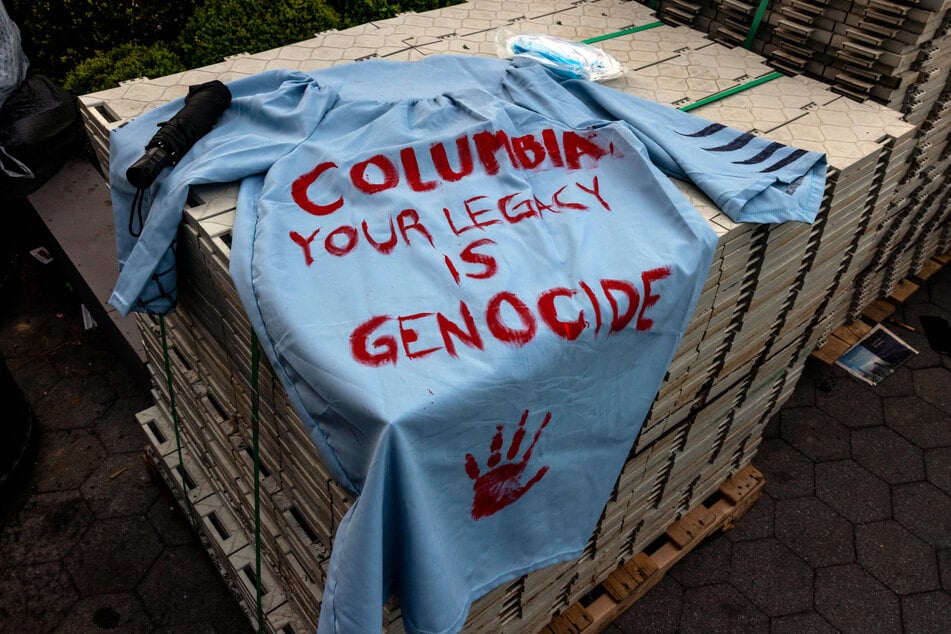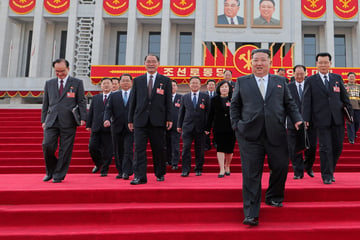Columbia University president quits after botched response to Gaza solidarity protests
New York, New York - Minouche Shafik, the president of Columbia University, resigned on Wednesday, just weeks before the start of the new school year, citing the toll taken by a "period of turmoil" caused by her botched handling of student protests against Israel's war on Gaza.

The British-American economist is the fourth president of an Ivy League university to step down in the wake of the bitter divisions and anti-war protests that swept campuses nationwide.
The protests that roiled Columbia and other schools culminated in Congress grilling higher education leaders about accusations of antisemitism and whether enough was being done to keep Jewish students safe.
Shafik, who last year became the first woman to lead Columbia, said in a letter to the university's community that she felt her tenure had "made progress in a number of important areas" but noted it was also "a period of turmoil where it has been difficult to overcome divergent views across our community."
"This period has taken a considerable toll on my family, as it has for others in our community," she said.
"Over the summer, I have been able to reflect and have decided that my moving on at this point would best enable Columbia to traverse the challenges ahead."
She said her resignation was effective immediately, and announced she was taking a role with the UK Foreign Secretary to lead a review of the government's approach to international development.
Columbia's brutal crackdown on its students

With the fall semester starting in just three weeks, Columbia's board of trustees named Katrina Armstrong, the dean of the medical school, as interim president.
Columbia was an epicenter of the campus anti-war protest movement that spanned the US and ignited heated debate about Washington's complicity in the destruction of Gaza.
Pro-Palestinian protesters set up encampments on Columbia's campus in April while Shafik testified at a House committee investigating anti-Semitism.
Protesters – many who were themselves Jewish – said legitimate criticism of Israel views were being conflated with antisemitism and that individual allegations of hate incidents were being used to distract from calls for a ceasefire. They also pointed to Columbia's deep financial involvement in Israel, asking it to divest from companies profiting from the illegal occupation of Palestinian territories.
In response, Shafik called in New York police to multiple times to violently evict and arrest students, suspended some of them, and cancelled its main commencement ceremony in May.
Last month, Columbia removed three administrators from their roles over text messages exchanged during a panel discussion about Jewish life on campus.
Elizabeth Magill of the University of Pennsylvania and Claudine Gay of Harvard also resigned following their own Congressional hearings.
Martha Pollock, who did not appear before lawmakers, left Cornell University in July after controversy over disciplinary action against pro-Palestinian protesters.
Shafik said she found herself, students, and colleagues subject to distressing "threats and abuse."
"We must do all we can to resist the forces of polarization in our community," she wrote.
Cover photo: Collage: Alex Kent / GETTY IMAGES NORTH AMERICA / Getty Images via AFP & REUTERS

